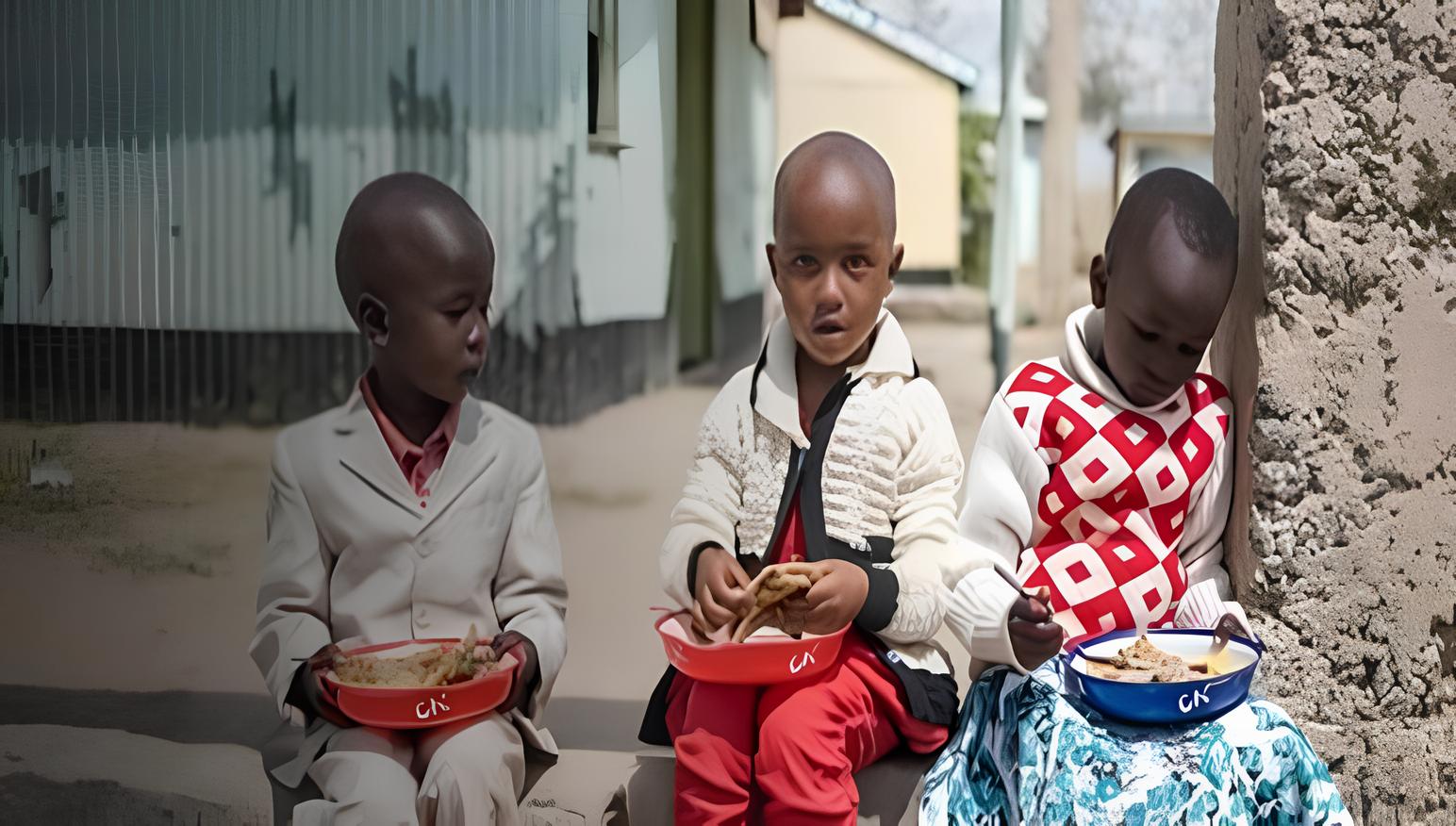Be Their Lifeline in Times of Crisis
During times of natural disasters, conflicts, and other emergencies, communities face unimaginable challenges and are often left in a state of vulnerability. The immediate need for food becomes paramount, as access to nutritious meals becomes uncertain or even non-existent. In these critical moments, emergency food relief organizations play a crucial role in providing a lifeline to those affected, offering not only sustenance but also hope and support.
Emergency food relief efforts are designed to rapidly respond to crises and ensure that individuals and communities have access to essential food supplies. These organizations work tirelessly to distribute food aid, provide nutritional support, and address the immediate hunger needs of those impacted by disasters. Whether it is a devastating earthquake, a conflict-induced displacement, or a famine-stricken region, emergency food relief organizations step in to bridge the gap and alleviate suffering.
By contributing to organizations dedicated to emergency food relief, you are extending a helping hand to those facing unimaginable circumstances. Your support helps ensure that essential food items, such as grains, pulses, cooking oil, and fortified products, reach the hands of those in urgent need. These organizations also collaborate with local communities, government agencies, and other humanitarian partners to ensure an effective and coordinated response.
Emergency food relief goes beyond providing sustenance. It is a means of restoring dignity, providing a sense of security, and offering hope amidst the darkness. By supporting these organizations, you contribute to a powerful force of compassion and solidarity, helping to save lives, ease suffering, and rebuild communities.
In times of crisis, the impact of emergency food relief extends far beyond the provision of meals. It allows families to focus on other aspects of recovery, such as rebuilding homes, seeking medical care, and restoring their lives. It also helps ensure that children, who are often the most vulnerable in emergencies, receive the nutrition they need to grow and thrive, safeguarding their future.


